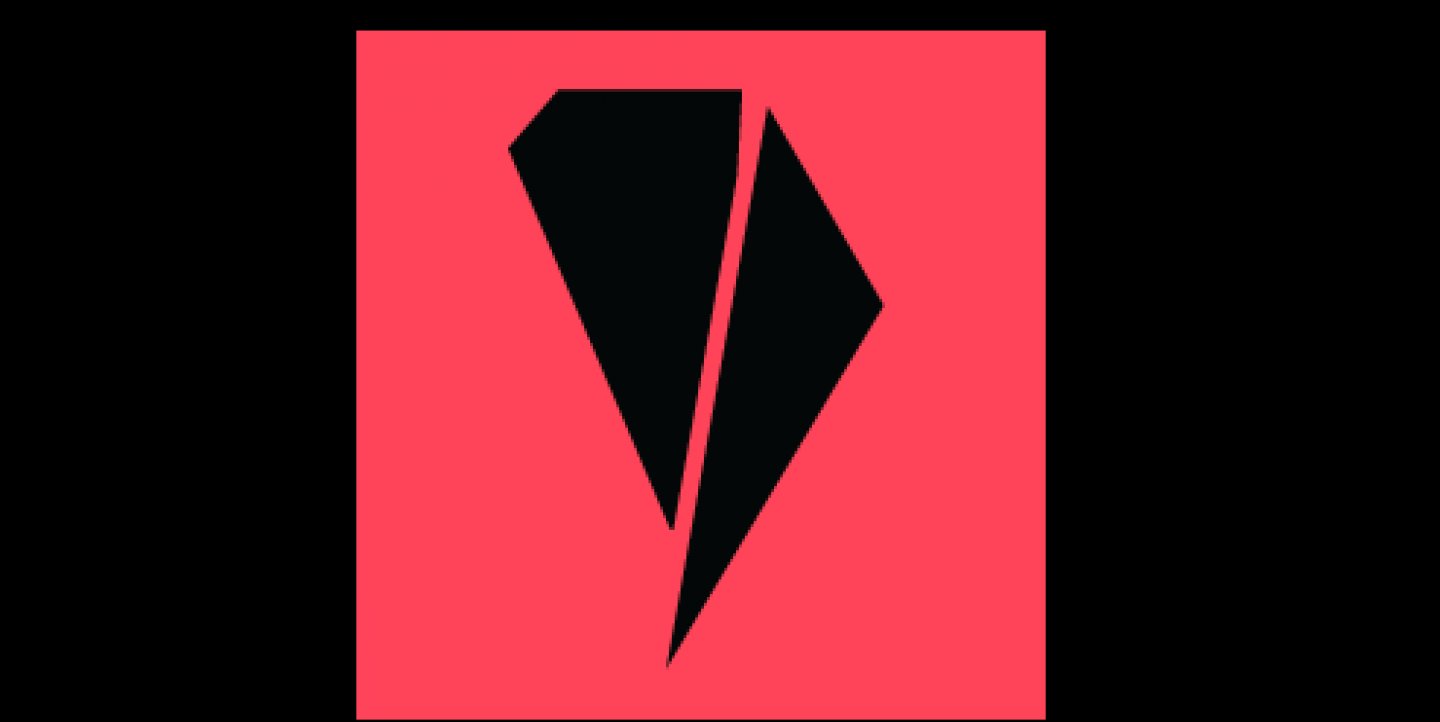As interactive designer Mariana Santos prepared to introduce her project designed to bring more women into tech roles in news at a Hacks/Hackers Meetup in Santiago, Chile, the organizers warned her not to expect much of a turnout.
“It was a cold and rainy night,” remembers Miguel Paz, one of the chapter's organizers, and “we didn’t do much promotion. No one knew if anyone would come.”
Instead of speaking to a handful of attendees that night, Santos addressed a packed university auditorium. She introduced "Chicas Poderosas" (“Powerful Women”) to 150 people who had braved the cold and rain to learn about visual storytelling. What's more, 80 percent of attendees were women. Over the next few days, Paz noticed a marked change in the Hacks/Hackers chapter: Before the meetup, there had been just 51 women in the chapter of about 500 members. After the meetup, there were 151.
The increase showed how hungry women in news are to learn tech skills. “We could see that this was actually a problem that needed a solution,” Paz said. “There was an audience, and people wanted to learn to use this technology.”
It’s this hunger that inspired Santos to launch Chicas Poderosas. An ICFJ Knight International Journalism Fellow, she previously did groundbreaking work as part of the interactive team at The Guardian in London (and was the team's only woman). The project is working across Latin America to promote the training and inclusion of women in technology fields, especially in the media.
Santos says the project's message is: "Lead me, follow me or get out of my way."
"Research shows women doubt their capabilities and fear failure more than men," she told IJNet. "So we create a place where there's no expectations, where we are all on the same page -- a group of people who want to learn and share an environment of openness with no judgment."
Since May, the movement to train, engage and inspire women journalists, designers, programmers and artists has reached Chile, Colombia and Costa Rica with workshops and opportunities for learning and networking.
The free events, open to both men and women, offer training on topics such as data journalism and interactive design. Hackathons foster the development of innovative ideas. During a three-day event in Costa Rica in July, participants learned to work in teams, use data and create visualizations. They heard from leading journalists and developers including investigative reporter Giannina Segnini, developer Irene Ros and journalist Nicola Hughes. In Bogotá, workshops taught participants how to apply for a tech job, use mobile technologies and conduct effective project management, among other topics.
Segnini, the investigative editor at La Nación in San José, Costa Rica, thinks the event provided a space for people to feel comfortable learning, so they could see the possibilities and get involved.
“The main result of Chicas Poderosas is that it triggered the passion for technology and the many ways in which it can empower journalism,” Segnini told IJNet. “Understanding the possibilities that we have now is the first step to making appropriate use of the tools that are available.”
And some of the projects are already taking off. Since the event, Segnini has received a number of project proposals from attendees – both men and women. She and her team are working on two specific projects that were proposed during the training, including scraping government budget expenditures on building rentals to find out if there is a concentration of companies or people who are renting buildings to the government.
Chicas Poderosas events have drawn a diversity of participants. In Costa Rica, there were developers, designers, journalists, entrepreneurs, graphic designers, industrial designers and more. Also among attendees was popular Costa Rican television newswoman Amelia Rueda.
Paz believes media outlets are still struggling to figure out how to implement the incredible diversity that modern journalism demands. An example, he said, are the many new positions that media outlets are finding they need, from community manager to chief content officer to data scientist.
“This is something we never thought about because we were in an industry that basically made newspapers the same way for 100 years,” Paz said. “But we’re now seeing there is more to it and we’re seeing we need to find new ways of doing things.”
Jessica Weiss is a Buenos Aires-based freelancer.
Image: Chicas Poderosas Logo

